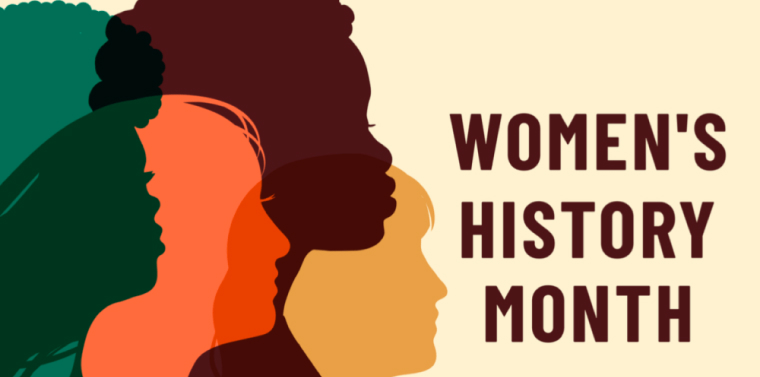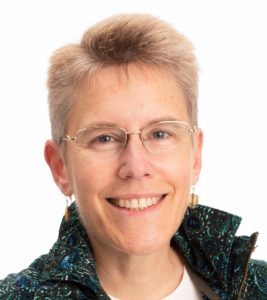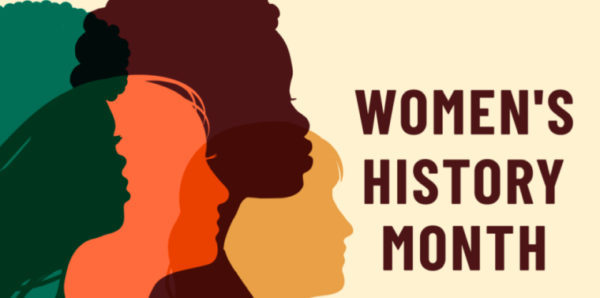Women Mentors, Big Vision, and #RuralMatters


Ines Polonius, CEO, Communities Unlimited
This is part of RCAP’s series to celebrate Women’s History Month and highlight the leadership and wisdom of the wonderful women who support this network
Saturday morning breakfast was dedicated family time in our German household. One Saturday morning when I was fifteen, I wondered out loud between bites what I could do with my life to impact the lives of others, perhaps by fighting world hunger or protecting human rights or some such thing. My father, whom I love dearly, proceeded to tell the story of his executive secretary and how she kept the entire company moving forward. I looked at him in utter disbelief. I remember saying, “Dad, I need to be CEO to change the world.” A derisive chuckle circled the breakfast table.
Maybe subconsciously, this conversation put me on my entrepreneurial path, although I have always been more focused on fighting poverty than becoming a CEO. College texts on leadership and management make a convincing case that you can’t learn vision. The next few decades showed me that vision is about the future you want. The rest is imagination and small steps every day toward that vision, even if sometimes it requires a step back to take two forward.
The quest to fight poverty took me first to the Dominican Republic and then Chile, each time working for the same courageous woman. She taught me everything I know about facilitating groups of people toward a common, self-defined outcome. But it was her abusive management style that may have taught me even more. Those toxic years taught me the importance of leading through respect and dignity and taking care of the people with whom I work.
In the mid-90s, a fellowship at the North Carolina Institute for Minority Economic Development (The Institute) allowed me to work for civil rights and anti-poverty champion, Andrea Harris. These two years were both life and career changing. Watching an esteemed, Black woman change policy and secure resources in a state of white male economic developers gave me the courage to step into the arena. Working in a predominantly Black organization where conversations about daily experiences with racism altered my white, privileged perspective forever. Ms. Harris also gave me and other fellows the opportunity to build one of the country’s first minority-business development programs. At that time, we had no models to use for guidance. Instead, we allowed Black entrepreneurs’ needs to define our tools and approach.
In 1998, when our fellowship at The Institute ended, Jonathan Harrison and I then took the entrepreneurial plunge to launch alt.Consulting, one of the country’s first social enterprises (long before the time of B-Corps) to provide intensive technical assistance to entrepreneurs of color in order to build intergenerational wealth. At age 29, I was grateful for a business partner who was willing to become Executive Director. alt.Consulting would move to the Mid-South thanks to partnerships with Hope Credit Union and Southern Bancorp.
Because Jonathan was the epitome of an entrepreneur, he was ready to start the next venture five years later. Naturally, I would step into the Executive Director role. Not so fast. I was more interested in helping grow small businesses in the Arkansas and Mississippi Delta than run an organization. In searching for an executive director, our wise board chair invited me to the final five interviews, all with white males. As he and I reflected on each of the candidates, he quietly said, “The time is now for you to step up and lead or lose what you have built.” And so at age 34, I was catapulted into becoming the CEO of a struggling non-profit enterprise. It was all but glamorous.
The opportunity to participate in and help shape WealthWorks, a new model for rural community-economic development funded initially by the Ford Foundation, allowed a vision to take shape for a more comprehensive approach to building prosperity in rural places. Through this work, I encountered several more amazing women mentors, especially Deb Markley (now with LOCUS) and Janet Topolsky (Aspen Community Strategies Group).
Boom. At 8:00 a.m. on a Saturday morning in February of 2014, John Squires, a long-time respected colleague in the rural work called to inquire if I would explore merging alt.Consulting with Community Resource Group (CRG). John had founded CRG in 1975, launched the National Water Demonstration Project which led to the forming of the Rural Community Assistance Partnership (RCAP). He needed a decision in six hours before he met with his board chair. I went on a run, I meditated, I called our director of lending, Deborah Temple, and I talked with my life partner, Mark. Exactly five and a half hours later, I called John to tell him I was ready to explore the option. Nine rapid-fire months later we had merged two Community Development Financial Institutions (CDFIs) to form Communities Unlimited. Again, I felt catapulted into a whole new CEO experience with an amazing team of 42 people.
All along I have been more interested in fighting poverty than becoming CEO. And so it is that I feel a deep sense of gratitude every day to be allowed to lead a growing team of 70 hard-working professionals. Regardless of our specific job descriptions, each of us works to ensure that individuals living in rural, persistently poor places in the South have access to healthy foods and safe drinking water, while having the opportunity to follow their entrepreneurial dreams successfully. I get really excited seeing a growing number of individuals, especially young women, step into community leadership positions where their vision for change will shape the future of their rural hometowns.
